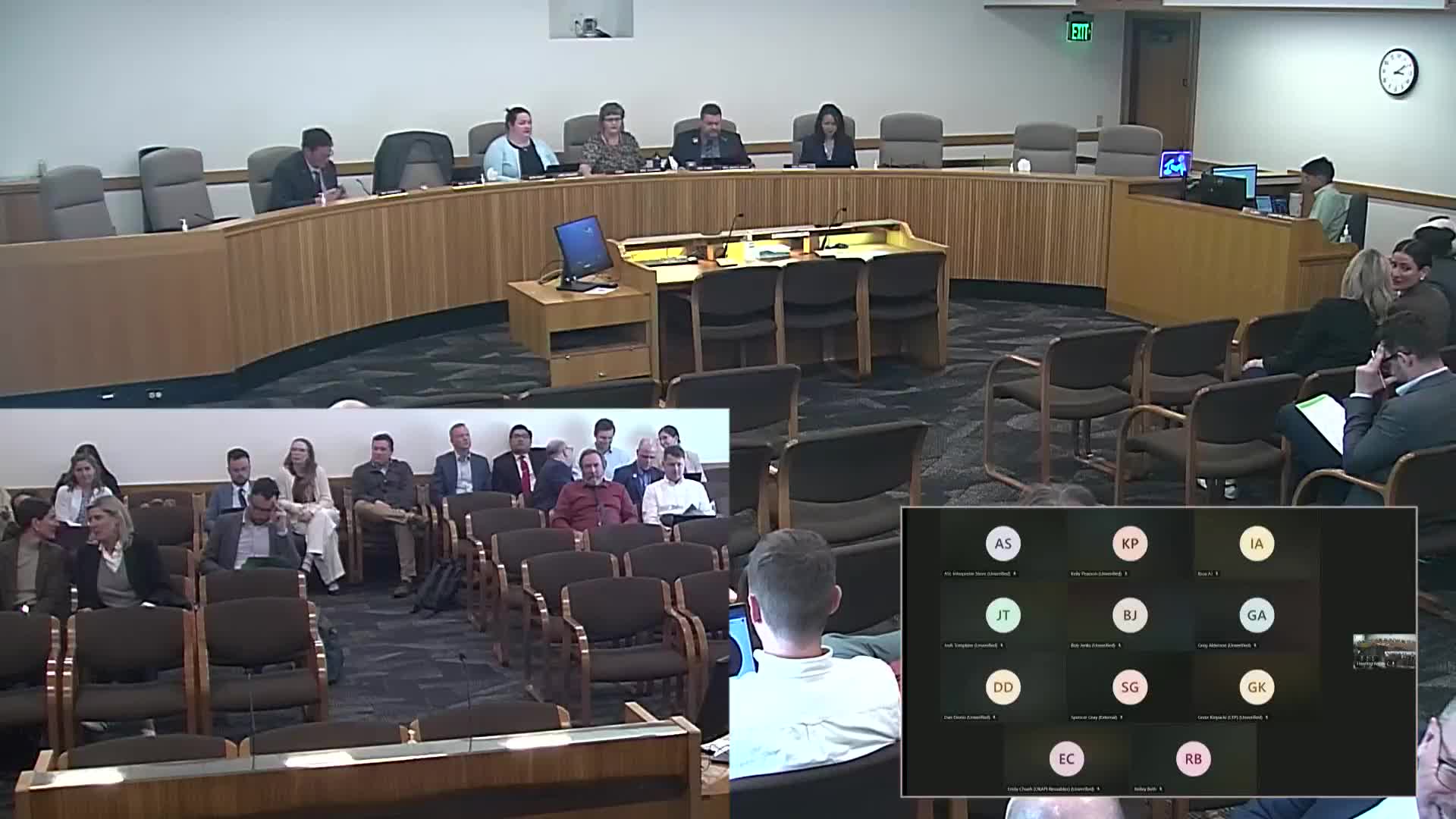Committee hears competing views on bill to classify large energy users, including data centers

Summary
The Senate Committee on Energy and Environment held a public hearing May 5 on House Bill 3,546 A, which would direct the Oregon Public Utility Commission to create a rate classification and contracting framework for large energy customers such as data centers.
The Senate Committee on Energy and Environment on May 5 held a public hearing on House Bill 3,546 A, which would direct the Oregon Public Utility Commission to create a rate classification and contracting tools for very large energy customers, including data centers and cryptocurrency operations.
Proponents told the committee that large, rapid‑onset loads impose unusual infrastructure costs that should not be socialized across residential and small‑business customers. Representative Mark Owens, the bill’s sponsor, said investor‑owned utility territory (IOU) customers currently pay a standard rate while the cost of new infrastructure is folded into the utility rate base. “Why shouldn’t they be paying for the infrastructure to put that in? Why shouldn’t they be signing a contract to pay for the amount of power to provide them?” Owens asked, adding that consumer‑owned utilities use contracts and prorated infrastructure charges to keep local rates lower.
Supporters included the League of Oregon Cities, Community Energy Project and Climate Solutions. Nolan Pleasure of the League of Oregon Cities said cities value data centers for jobs and tax revenue but argued “extra demand and cost associated with them should not be borne by Oregon residential customers or our small businesses.” Guru Kopacki of Community Energy Project said the bill would require large users to commit to predictable minimums and absorb costs for excess consumption, and would include a 10‑year commitment provision in the draft language to guard against stranded assets.
Several business and industry groups opposed or raised concerns. Dan DiOrio of the Data Center Coalition said the industry supports paying its full cost of service but opposed singling out a single customer group without a data‑driven showing: “No customer industry or class should be singled out for differential... treatment unless that approach is backed by verifiable cost‑based reasoning.” The Washington County Chamber of Commerce and Oregon Business & Industry warned that creating a specific NAICS‑coded class could send the wrong message to prospective investors.
Utilities and neutral parties said the PUC already has regulatory authority but that clearer direction could speed action. Greg Alderson of Portland General Electric said PGE supports the bill’s objective and expects implementation to be folded into existing dockets: “A marginal cost of service study will be conducted by the utility looking at the actual cost to serve different classes of customers and that study informs the rates the commission later presumably approves.”
Spencer Gray, signed in neutral for independent power producers, said his members rely on the Direct Access program (retail choice) and asked for clarification in the bill on how demand charges would be defined so costs are not double counted for customers buying power from competitive suppliers.
Labor representatives and clean‑energy advocates supported the overall aim of protecting households but pressed for careful wording. Chris Carpenter of UA Local 290 said members benefit from data center projects and urged caution that mitigation provisions not create undue barriers to construction. BlueGreen Alliance and Climate Solutions supported the bill as a means to shield ratepayers while keeping Oregon attractive to investment.
The committee took no final action at the hearing. The chair closed the public hearing after the panel concluded testimony and questions.

